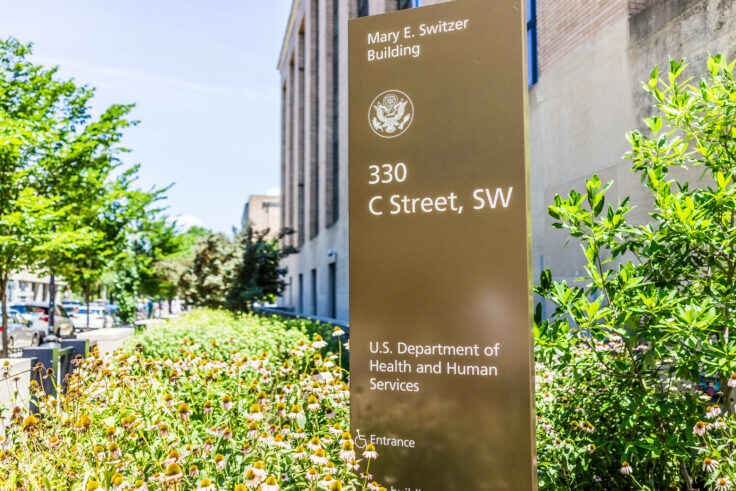Legality of Dispensing Naloxone to Minors in Maryland
January 26, 2020
Overview
Drug overdose is a nationwide epidemic that claimed the lives of nearly 72,000 Americans in 2017. Opioids, both prescription painkillers and illegal drugs such as heroin and illicitly manufactured fentanyl, are responsible for most of these deaths – almost 48,000 in 2017 alone. Many of these deaths are preventable. Opioid overdose is reversible through the timely administration of the medication naloxone and, where needed, the provision of other emergency care. In an attempt to reverse this epidemic of preventable overdose deaths, every state and the District of Columbia have modified their laws to increase access to naloxone, the standard first-line treatment for opioid overdose.

Like many states, Maryland now permits naloxone to be prescribed and dispensed to third parties – individuals who are not themselves at risk of overdose but may be in a position to assist those who are – and via non-patient specific standing order, whereby the medication may be dispensed to any individual who meets the criteria specified in the order. Further, the Maryland Department of Health’s Assistant Secretary of Health has issued a statewide standing order that authorizes any Maryland-licensed pharmacist to dispense naloxone to “any individual” in the state.



